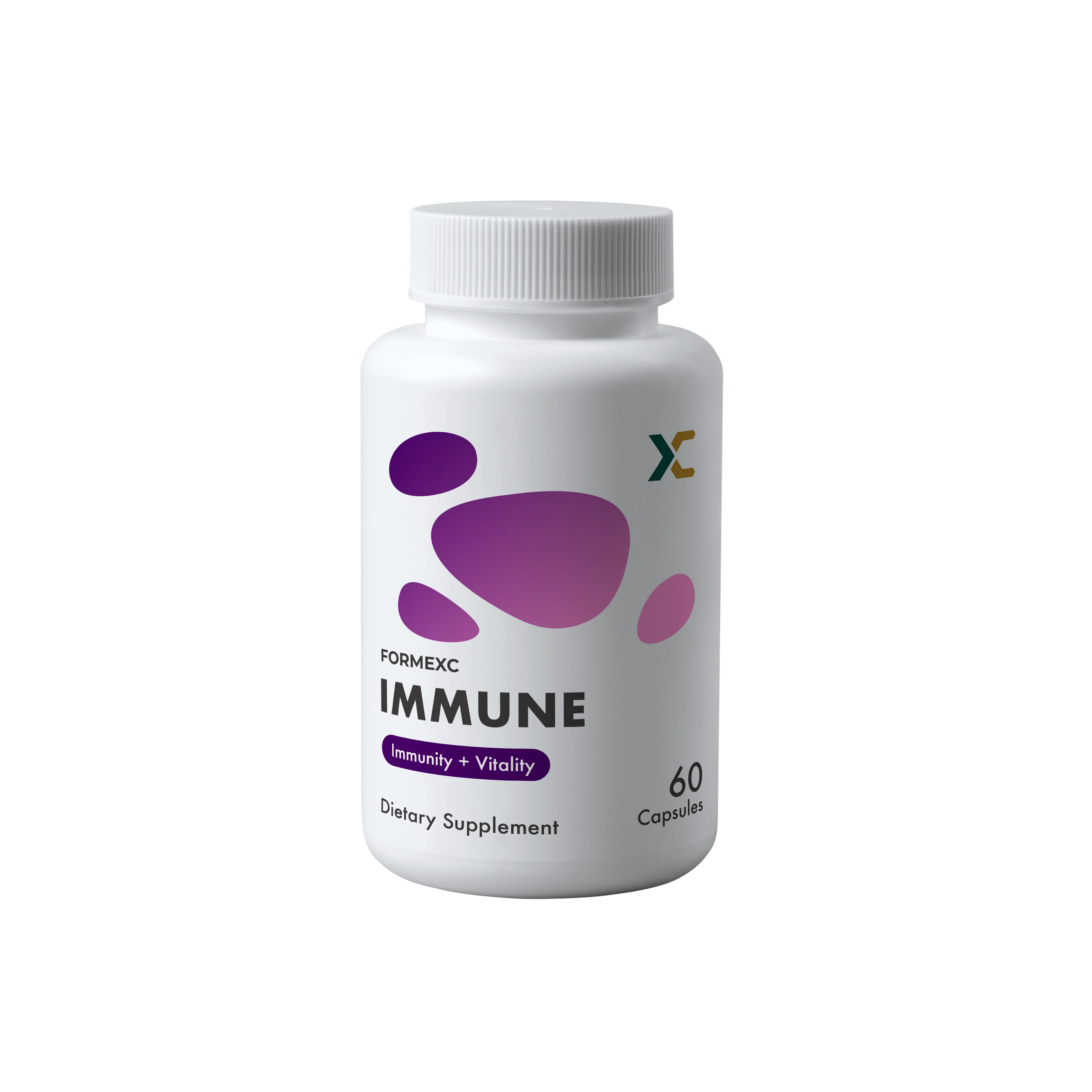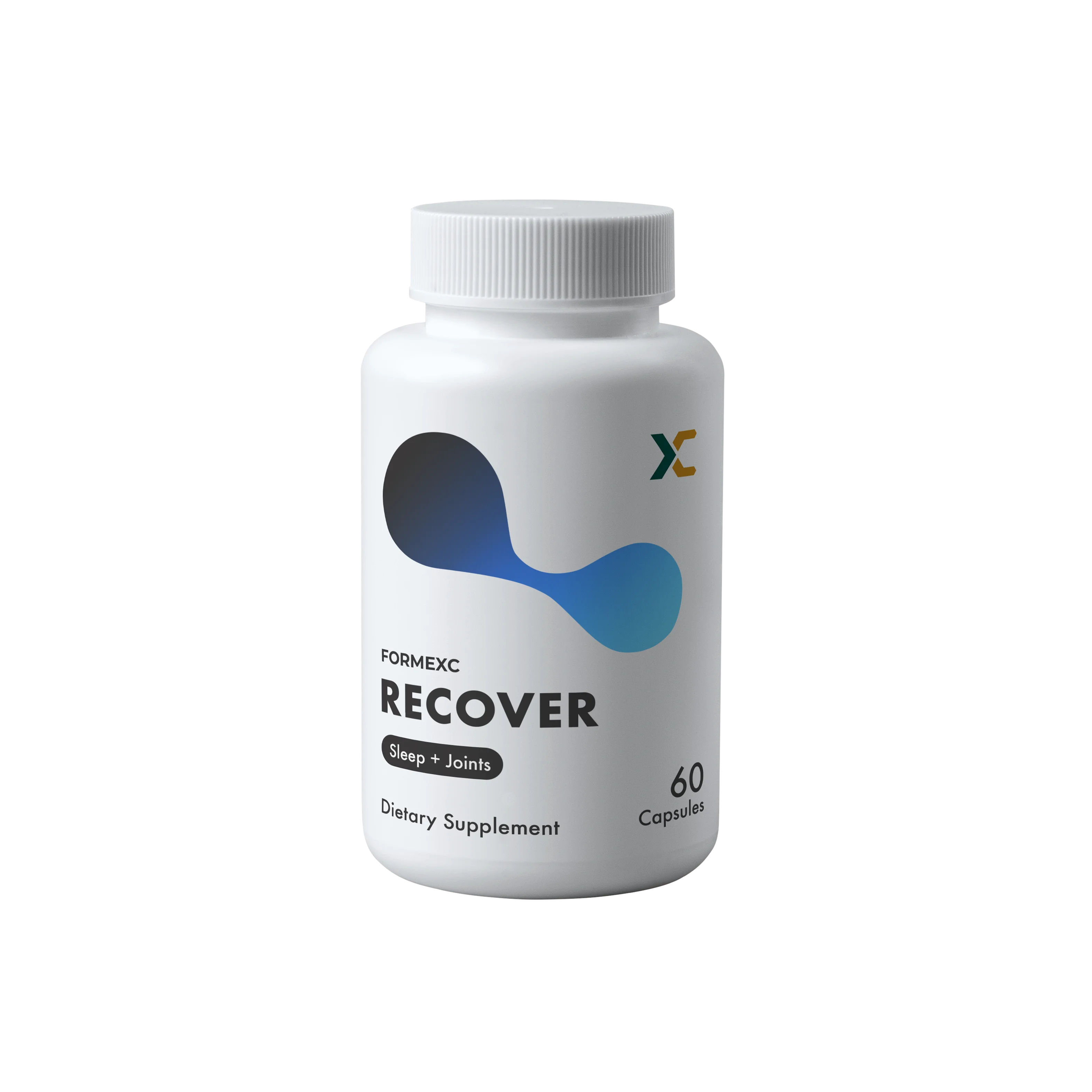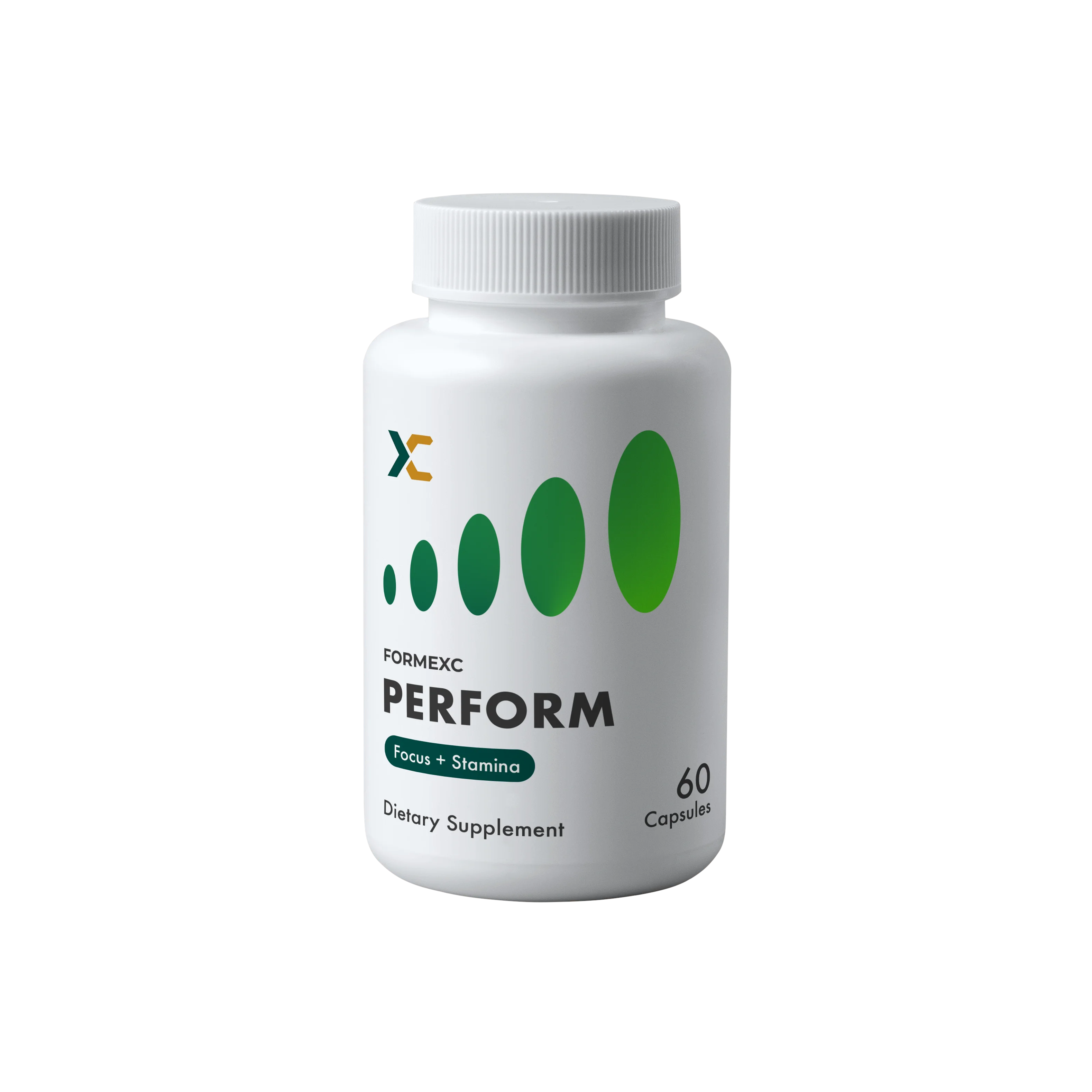The human body is a dynamic and intricate system, constantly working behind the scenes to power every breath, heartbeat, and movement. At the heart of this system lies a fundamental process: the generation and management of cellular energy. Cellular energy is not merely a fuel source but a crucial determinant of overall health, playing a major role in our metabolism and how well our body functions.
In this article, we’ll explore what cellular energy is, how it’s produced, and why its efficient regulation is vital for metabolic health.
What is Cellular Energy?
Cellular energy refers to the energy that cells use to carry out their various functions. This energy primarily comes from a molecule called adenosine triphosphate (ATP), often referred to as the “energy currency” of the cell. ATP powers every process in the body, from muscle contractions to neural impulses to hormone production.
The Powerhouses of the Cell: Mitochondria
At the centre of ATP production are the mitochondria, the tiny but powerful structures often called the “powerhouses” of the cell. Mitochondria convert nutrients (glucose, fatty acids, and amino acids) into ATP through a series of complex biochemical reactions known as cellular respiration.
The Process of Cellular Respiration
Cellular respiration involves three main stages:
- Glycolysis: This is the initial breakdown of glucose in the cytoplasm, generating a small amount of ATP and molecules called pyruvate. Glycolysis is anaerobic, meaning it doesn’t require oxygen.
- The Citric Acid Cycle (Krebs Cycle): In the presence of oxygen, the pyruvate molecules enter the mitochondria. Inside, the citric acid cycle produces high-energy electron carriers and a bit of ATP.
- The Electron Transport Chain (ETC): The high-energy electrons are transported through a series of proteins within the mitochondrial membrane, producing a large amount of ATP. This stage requires oxygen and is responsible for the majority of ATP generation.
Through these stages, a single glucose molecule can generate up to 36 ATP molecules. In the absence of glucose, the body can shift to burning fats or proteins, highlighting its metabolic flexibility.
How Cellular Energy Influences Metabolic Health
- Energy Availability and Utilisation: The body’s capacity to produce and utilise energy efficiently affects every aspect of metabolic health. A well-functioning mitochondrial system ensures that cells have enough ATP to perform essential tasks. If energy production is impaired, it can lead to fatigue, decreased immune function, and reduced muscle performance.
- Insulin Sensitivity and Blood Sugar Control: The mitochondria play a crucial role in maintaining blood sugar levels. Efficient mitochondrial function improves insulin sensitivity, which is the body’s ability to utilise glucose in response to insulin. Conversely, reduced mitochondrial efficiency can lead to insulin resistance, where cells no longer respond well to insulin, causing elevated blood glucose levels—a major risk factor for type 2 diabetes.
- Fat Metabolism and Weight Regulation: When mitochondrial function is optimal, the body can effectively switch between burning carbohydrates and fats based on energy demand. Impaired mitochondria, however, struggle to utilise fatty acids effectively, which may contribute to weight gain and fat accumulation in tissues like the liver and muscles. This state, often linked with metabolic inflexibility, can increase the risk of metabolic syndrome, which includes obesity, high blood pressure, and high cholesterol.
- Oxidative Stress and Inflammation: While mitochondrial respiration generates ATP, it also produces reactive oxygen species (ROS) as by-products. Under normal circumstances, cells can manage these molecules with antioxidants. However, when mitochondria become inefficient, ROS production increases, leading to oxidative stress and inflammation. Chronic oxidative stress is linked to various metabolic disorders, including cardiovascular diseases and insulin resistance.
Factors Influencing Mitochondrial Health
Maintaining efficient mitochondrial function is key to sustaining cellular energy and overall metabolic health. Several factors can impact mitochondrial efficiency:
- Diet: A diet high in processed foods and sugars can lead to insulin resistance and increase fat storage, leading to mitochondrial dysfunction. Conversely, diets rich in whole foods, healthy fats, and adequate protein provide the essential nutrients mitochondria need for optimal function.
- Exercise: Physical activity is a proven way to boost mitochondrial function. Exercise increases the number and efficiency of mitochondria, which helps improve energy utilisation and insulin sensitivity.
- Sleep: During sleep, the body carries out vital repair processes, including mitochondrial repair. Poor sleep impairs mitochondrial function and energy production, contributing to fatigue and metabolic problems.
- Stress and Toxins: Chronic stress and exposure to environmental toxins can damage mitochondria, impairing their ability to produce ATP. Over time, this can lead to inflammation and metabolic imbalances.
- Ageing: As we age, mitochondrial function naturally declines. However, lifestyle choices like a healthy diet, regular exercise, and stress management can slow down this decline.
Boosting Mitochondrial Health and Metabolism
There are several science-backed strategies to optimise mitochondrial function and cellular energy:
- Balanced Diet: Include nutrient-rich foods, especially those high in antioxidants like berries, green leafy vegetables, and nuts. These nutrients help neutralise oxidative stress and provide the mitochondria with necessary building blocks.
- Exercise Regularly: Engage in both aerobic activities (like walking or swimming) and resistance training. High-intensity interval training (HIIT) is also highly effective at increasing mitochondrial density.
- Intermittent Fasting or Caloric Restriction: Research suggests that intermittent fasting can stimulate mitochondrial biogenesis and improve insulin sensitivity, both crucial for metabolic health.
- Reduce Stress: Incorporate stress-relieving activities such as yoga, meditation, or deep-breathing exercises to lower chronic cortisol levels, which can damage mitochondria over time.
- Sleep Hygiene: Aim for 7-8 hours of quality sleep each night. Create a sleep routine to help maintain your body’s circadian rhythms, supporting mitochondrial repair and energy restoration.
Cellular energy and mitochondrial function are at the heart of metabolic health. When your cells can efficiently produce and utilise ATP, your body operates smoothly, improving not just your metabolism but your overall well-being. On the flip side, impaired mitochondrial function can lead to energy deficits, insulin resistance, fat accumulation, and inflammation.
By focusing on diet, exercise, stress management, and sleep, you can promote healthy mitochondria and optimise cellular energy, paving the way for better metabolic health. Remember, your body is like a well-oiled machine—it requires the right fuel and maintenance to function at its best. So, take charge of your cellular health and power up your body’s metabolic engine!
Click here to explore Formexc products specifically designed to help optimise cellular energy, stress management and sleep. Use the code "NEW10" to get 10% off your first order.
Did you find this article useful? Share it with a friend and spread the love for healthy living.
Your success fuels our motivation.
Love,
Team Formexc 💚💛







